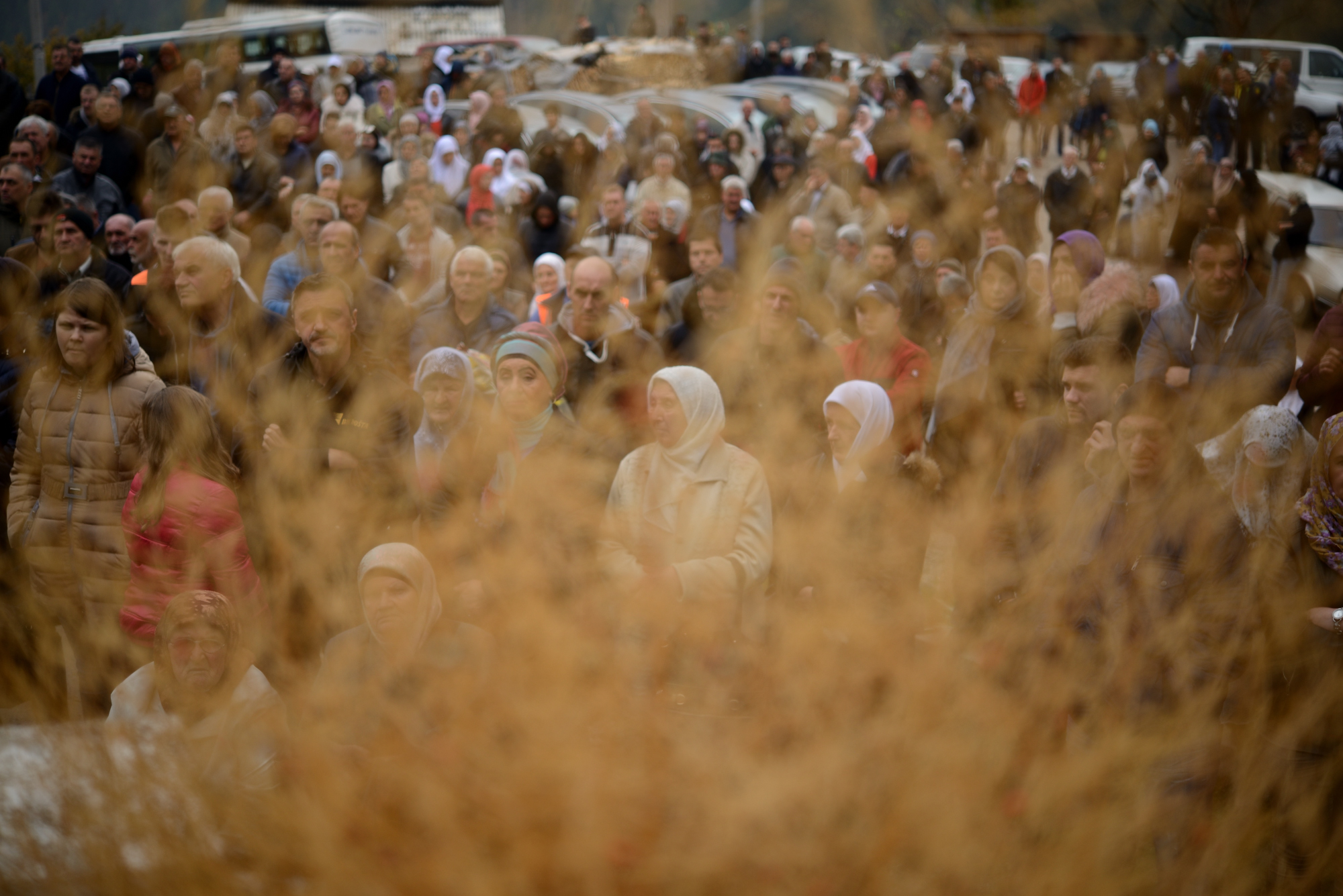We usually go sightseeing to famous and beautiful places. Recently, I was in Vareš, BiH, and I made a few snapshots from the car while passing through the town.
My story is that I visited one of the saddest places with even sadder stories from the wretched war. I cannot tell you the story, however, maybe one day, but it did give me a lot to think about. It’s a story everyone should know, especially young people, a story that every politician in the world should tell people before he receives his undeservedly hefty salary. It takes less than 10 minutes to tell, and if you ever hear it, you’ll know what I mean.
It’s a short tale about a village in the hills above Vareš, the village of Stupni Do. Actress Elma Fetić from Vareš recited the testimony of a girl who was 12 years old at the time and conveyed to all of us the horrors that took place; we shook our heads in dismay, I left humbled, ashamed, those who did this were not acting in the name of any religion or any people, certainly not in the name of my religion or people. It is not for me to judge, but if we are to face God at the end of our earthly journeys, as merciful as He may be, I am sure these people will go with heads bowed, actually, are they really people?

I’m sure I would have slept easier had I not heard it, it is too cruel, unjust and unfair, but it should be known. Later, we met with people who live with its consequences, but still believing in a better future, seeing the light at the end of the tunnel, not the light offered by political advertising along the highway from Banja Luka to Doboj, but on the road of their lives.
The photograph could be one of a thousand, it shows part of a large factory in Vareš, and there is a sign above some red steps that says: “EXERCISE CAUTION AT WORK, COME BACK HOME SAFE” I should google to see how many people used to work there, but it’s beside the point now, because no one comes back from that factory any more, no one works there anymore. In the local cafe, a throw-back to the bars of the 1960s, we talked with a group of locals from Vareš. We asked, “How are things?” They said, “Things are good, they’re getting better. Look, we have street lighting now, and some 30 young people managed to find jobs, things are looking up.”
I sincerely hope things will improve, for them and for all those I met.
Marko Čolić, HV war veteran from Daruvar, following a joint visit by war veterans to the commemoration in Stupni Do.